- Category
- Anti-Fake
Russia’s War Crimes Simulator? What Squad 22 ZOV Game Was Really Made For
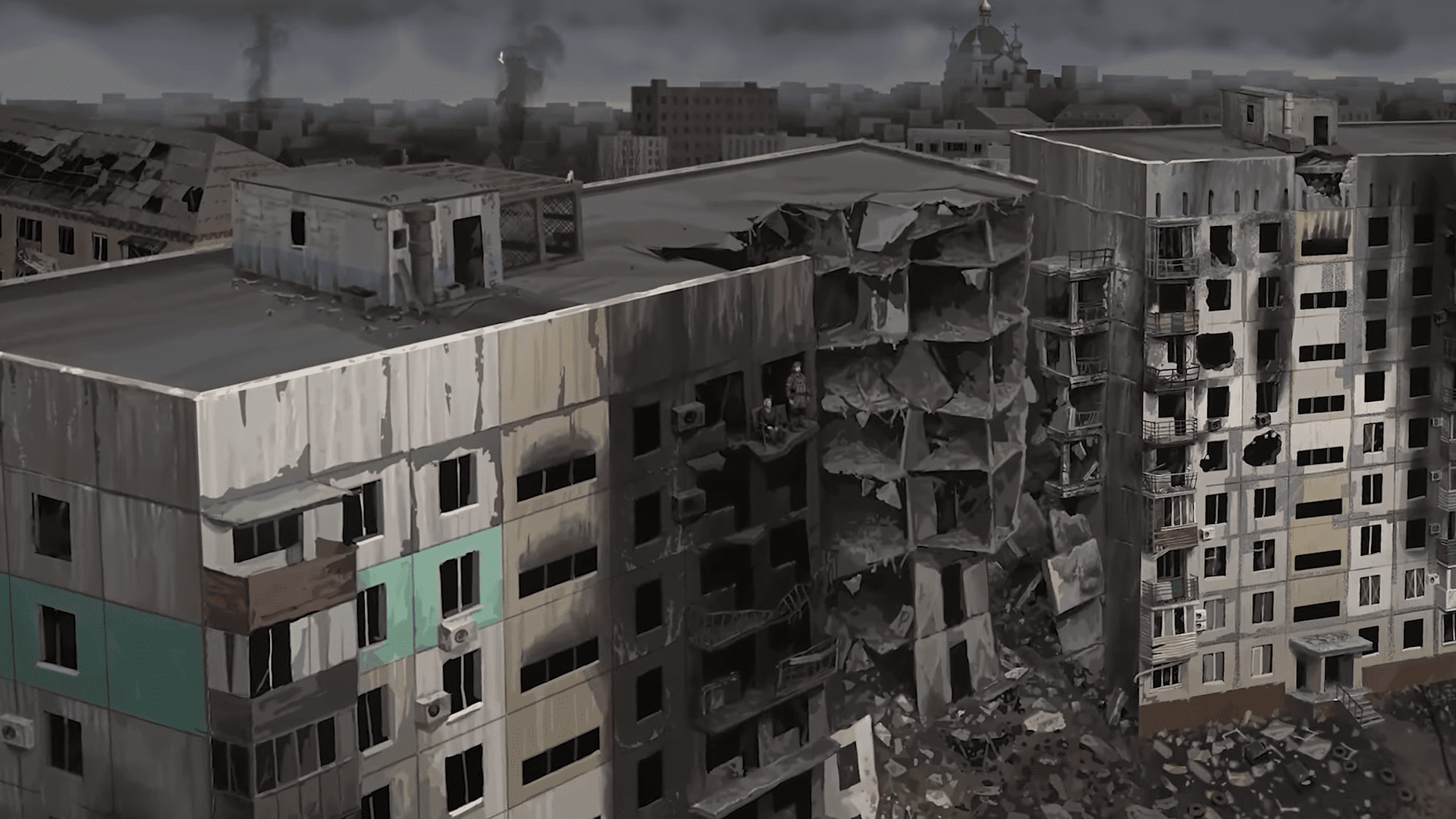
“Video games make young people violent,” they say. With Squad 22: ZOV, Russia is taking that literally—letting players reenact real war crimes and potentially help fund its army through in-game purchases.
A new game was launched on Steam on May 29, 2025—Squad 22: ZOV. The game promotes Russian propaganda, claiming that its illegal invasion is a “liberation”, glorifies war, and targets youth for military recruitment.
The game is modern warfare-based, set in Russia’s ongoing invasion of Ukraine, but from a Russian military viewpoint. Its developers, SPN Studio, describe it as a “tactical strategy game.”
Players “become a squad leader” of Russian troops, completing gaming combat missions, and taking people hostage. The combat missions are based on real events, which the game calls “military victories”—Ukrainian towns and cities that Russia bombed and occupied, killing civilians and destroying homes in the process.
The first free “mission” is Russia’s occupation of Mariupol, which is framed as its “liberation.” More than 10,000 people died in Mariupol during the first year of Russia’s occupation. During Russia’s initial 80-day siege of the city, it damaged or destroyed 95% of the city’s buildings.
Throughout the rest of the game, players can “unlock missions” where they storm a variety of real Ukrainian cities at a fee. Players can pay to play in the “Donbass spring campaign”, which includes 17 battles from 2014. Russian forces illegally invaded Donetsk and Luhansk regions and attempted to annex Crimea in 2014; Crimea and much of Donbas have been occupied since.
Russia caused at least 12,910 verified civilian deaths in Ukraine from February 24, 2022, to March 31, 2025, including 682 children, and nearly 30,700 injuries. The Russian forces' killing of civilians is a war crime; the game sets out to influence public perception of the facts surrounding these events.
Users say that immediately after launch, the game starts “spouting pro-SMO claptrap”.
The developers note that more will be added throughout 2025, suggesting that Russia’s further escalation in its ongoing war will later become gameplay. Squad 22: ZOV openly states that they hope the game will change people’s minds about the war.
The game has caused public outcry from many across the globe, and an appeal to Steam to ban it for glorifying Russia’s illegal invasion of Ukraine. The game is in collaboration with and endorsed by Russia’s Defense Ministry.
Russia’s military influence and combat training through gaming
“Game is officially recommended by the Russian Military for use as a basic infantry tactic manual for cadet and Yunarmy training”, Steam highlights on its website, confirming that the game's aim is to train young players to fight in its war in Ukraine.
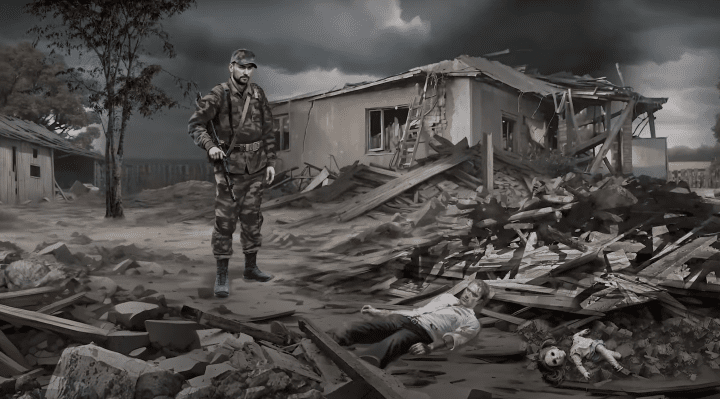
Its main author, designer, and programmer is Alexander Tolkach. An OSINT group, The Unintelligence Agency (TUA), believes he could, in fact, be a Russian spy. TUA says that the game is not only a powerful propaganda tool, but in-game purchases could be used to fund members of Russia’s military, potentially contributing to the military equipment of any individuals that they work with in the future.
Squad 22: ZOV has the backing of “RVKO: Fund for Support and Development of Military Culture and Recreation” (FDCSR), which provides support for Russian soldiers participating in its war in Ukraine.
TUA gave UNITED24 Media exclusive access to their investigations surrounding Tolkach and those behind the game that they believe is funding Russia’s war machine.
This is not the first time Russia has leveraged online games to disseminate propaganda, particularly targeting younger players. Russia’s game Confrontation: Forcing Peace justified its war in Georgia, where it illegally invaded more than 20% of the country. Using the game’s immersive experiences to shape perceptions and attitudes to real-life history, making them tools in its information warfare toolbox.
Computer games are a powerful tool for influencing young people, and Russia understands this, using games to promote Kremlin-favorable narratives. Squad 22: ZOV is a key element in brainwashing the population, reflecting the Russian government’s version of events regarding the invasion of Ukraine and glorifying military service.
Centre for Countering Disinformation (CforCD)
Who is Alexander Tolkach
The Russian game designer behind Squad 22 ZOV
Alexander Tolkach is the game’s developer and author of its creation, with experience in influencing the behaviour and thought patterns of players.
Tolkach graduated from Moscow State Institute of International Relations, a university well known for training Russian ambassadors, Kremlin advisors, and KGB spies. From 1999 to 2004, Tolkach served in the diplomatic division of NATO and was also an attaché at the Permanent Mission of Russia to the OSCE, Vienna, Austria.
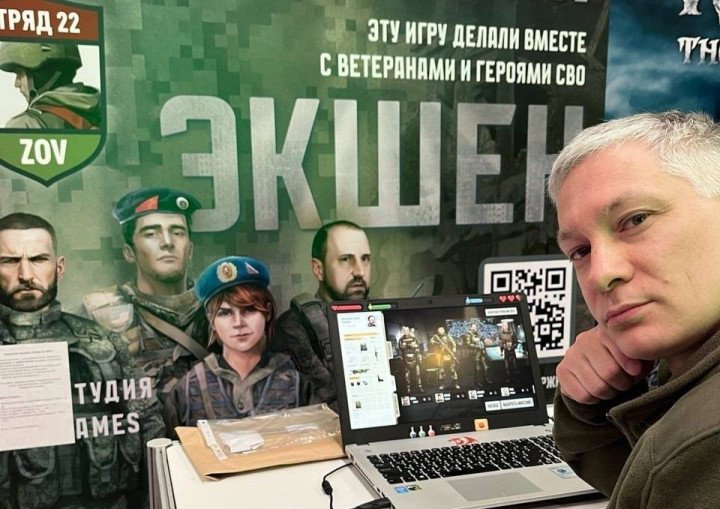
Tolkach ran several game studios focused on educational games designed to shape behavior and opinions, TUA says. Some even aid recruitment where “employees learn and develop patterns of behaviour.”
His company, Business Games Club, created embassy crisis simulations and recruitment tools and specialized in “influence games with mind inception".
Honestly, it sounds a little too much like a bad spy novel. One would be forgiven for thinking it already sounds like a propaganda tool useful for the Russian Armed Forces.
The Unintelligence Agency
Squad 22: ZOV’s developer is SPN Studio; there is very little information available about the studio, and it appears to be its first game.
A professional career that leads to suspicions of espionage
In his private life, Tolkach regularly writes Google reviews. In his professional life, however, games aren’t all that Tolkach has been involved with.
He attended a pro-EU conference Yalta European Strategy (YES), in 2012 and worked at Ukraine’s energy giant DTEK—until a former colleague branded him a “dishonest Russian spy.”
He’d been working at Russia’s mining and metalwork company Mechel as Head of International Relations since at least 2004. According to leaked data, TUA says Tolkach worked with Global Venture Alliance, tied to Kremlin-linked billionaire Magomed Musaev.
Molfar wrote an exposé on Tolkach’s brother, Stanislav Tolkach, “a former Russian ambassador to Croatia, who has pushed anti-Ukrainian narratives while stationed in Nicaragua and Croatia. Nicaragua is a known Russian stronghold for its military influence.
When you view aspects of Tolkach's life side by side, the organisations he was involved with as a diplomat, his work in the private sector, work in a Ukrainian company based in Donbas just before Russia's initial invasion, prior private initiatives and now his Russian backing through RVKO, the view that he isn't a spy becomes more and more implausible.
The Unintelligence Agency
The origins of Squad 22: ZOV
The ZOV branding and its symbolism
The game's name, “Squad 22: ZOV,” carries significant symbolic weight, particularly the term "ZOV". It’s not just a name, but a deliberate choice to embed Russia’s symbol of its invasion in Ukraine into the gaming experience, to influence and promote support for the invasion.
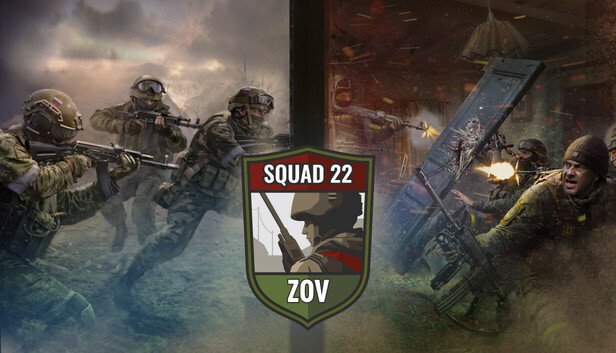
The letters "Z," "O," and "V" are written all over Russia’s weaponry and often sprayed on houses and buildings by its forces as a reminder of its occupation. The Z has made its way into songs, onto monuments, and grave stones, and has become public branding for Russia’s war in Ukraine.
ZVO symbols are not only banned in Ukraine but in several other countries too, including Germany, Latvia, Lithuania, and Estonia; using them can result in imprisonment.
While the exact meaning of each letter has several varying interpretations, the letters are known worldwide as symbols of Russia’s military campaign.
The game itself was designed based on information from the Main Military-Political Directorate of the Armed Forces of the Russian Federation. Many of the game's developers have connections to the Russian military, some even within it.
The game’s production team in the Russian military
Vlad «Struna» Golovin: The so-called “Hero of the Russian Federation” has been fighting in Russia’s war in Ukraine since 2022, and took part in the occupation of Mariupol. He is a chief military consultant and Mariupol campaign consultant. Golovin is part of Russia’s "Time of Heroes", a program aimed at training military for work in state authorities, conducted on behalf of Russia’s leader, Vladimir Putin. Golovin works with “Yunarmiya”, he says his “calling is “the patriotic education of children and youth”.
Vlad «Chaly»: Squad 22 claims that he is an “experienced soldier serving and fighting in Ukraine since 2014 and up to Autumn 2024, still loving video games. Team member and core combat consultant.”
Daniil «Goodwin» Bezsonov: Joined the so-called Donetsk People’s Republic (DPR) in 2014, fought in Russia’s occupation of Slovyansk, and took part in Russia’s hostilities for 8 years. Now, he heads the so-called Donetsk People's Republic press service.
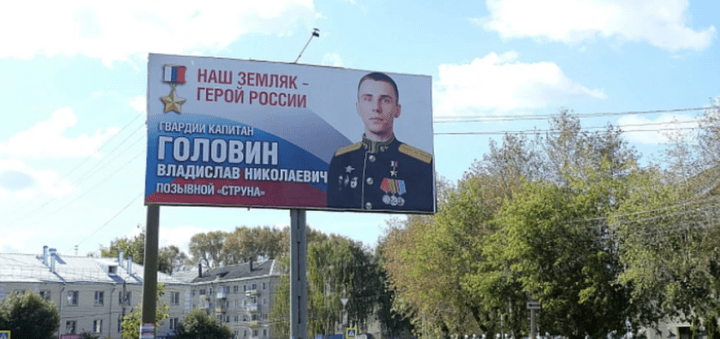
Reception and criticism
In terms of gameplay, the game itself has received some criticism, many claiming that the game is a “poorly programmed mess”, expensive, and clunky.
Steam has faced severe criticism for releasing the game. Users have been split into two opposing demographic opinions: those for Russia’s war and those against it.
Ukraine’s Digital Transformation Ministry has issued a formal complaint to the game’s distributor, Valve, outlining that Squad 22: ZOV “is not just a ‘game,’ but a tool of war propaganda that should not appear on Steam.”
Мінцифра на зв‘язку 🤝
— Мінцифра (@mintsyfra) June 4, 2025
Вже діємо — відправили офіційний лист до дистриб‘ютора гри Valve. У ньому чітко описали, чому це не просто “гра“, а інструмент воєнної пропаганди, який не має з’явитись у Steam.
Чекаємо на відповідь і будемо тримати тему в полі зору 🙌
Some Squad 22 users have said that the game “spits in the face of human suffering” and says it’s “turning a real-world tragedy into a vile propaganda stunt.” Other users describe the game as "Putin's fever dream” and “Russia’s cancer.”
The game's reviews on Steam have become a hub for propaganda and hate speech. Those supporting the game joke about Russia’s kidnapping of children, its missiles striking civilian infrastructure, and some are even racist and derogatory to the LGBTQ+ community.
“I, as a Russian political activist who's been detained in Russia for peaceful anti-war protests, strongly condemn the developers of this product and the fact that it's been published on Steam,” one user wrote on Steam.
One other user, against the game's release, listed Russia’s war crimes, while another celebrated them and said, “Had I known this previously, I would've been a bigger supporter.” Other game supporters complain of the cost, but emphasise that they “understand, gotta fuel the Russian military war effort somehow.”
The bigger picture
Russia’s use of video games as soft power
Over the last few years, Russia has shown a growing interest in the video games industry, using it as another tool for spreading influence and Kremlin propaganda. Video gaming, known as E-sports, has gained popularity worldwide, and the Kremlin regime has utilised this tool to further spread its narrative.
Russia announced it would provide studios with around $50 billion to support the pro-Russian video game industry, so that they “can compete with popular global projects and become an instrument of soft power abroad,” Russian media reported. The initiative is government-funded, aiming to release more than 25 “patriot games” by 2030.
Russia's gaming market will stand at $2.8 billion by 2026 and has the 5th largest market globally for gaming, according to reports.
Russia’s use of gaming as a persuasive power
Video games aren’t just entertainment—they’re powerful tools for influence. Researchers like Ian Bogost argue that games can shape or shift social and political views in ways other media can't. Russia has seized on this power, embedding propaganda directly into the gaming world.
From direct state-sponsored games like Squad 22: ZOV to modifications of global platforms like Minecraft, Roblox, and World of Tanks, the Kremlin has used games for propaganda purposes. So much so, even children have been prosecuted for their Minecraft gameplay.
In one extreme case, 16-year-old Nikita Uvarov was sentenced to five years in a penal colony for allegedly plotting a virtual attack on an FSB security service building in Minecraft—evidence, prosecutors claimed, of “terrorist training.”
Disinformation in gaming is more immersive and dangerous than in social settings, says Noam Schwarz of ActiveFence . “ It’s an immersive experience that sucks you in and changes the way that you see the world.”
One specific game TUA states should be highlighted is Atomic Heart, released in 2023 by Russia’s Mundfish Studio. It’s laced with Soviet nostalgia, anti-Ukrainian symbolism, and subtle military and hate messaging. Canned pork meat in Ukrainian colours and drones carrying flower pots, a nod to Iranian-made Geran drones used in attacks on Ukraine.
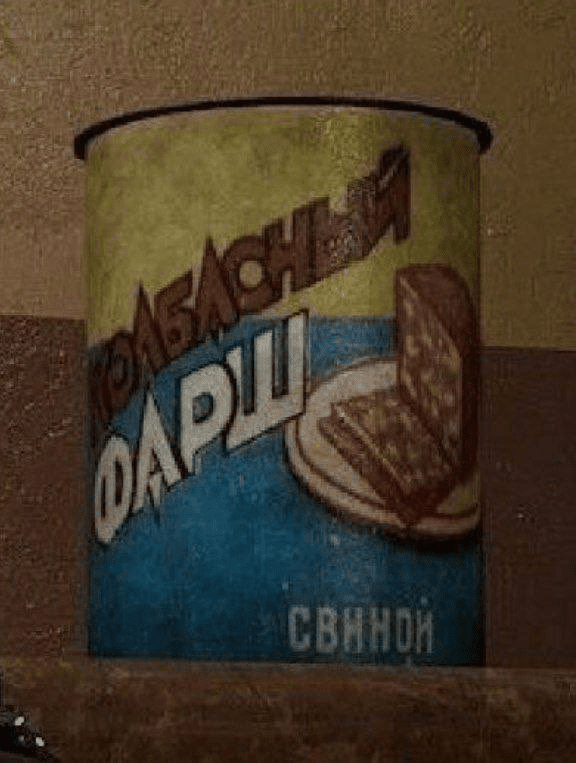
Russian influencer weaponising gaming
“GrishaPutin,” a pro-Russian streamer, rose to prominence streaming from Wagner PMC’s office in uniform. Once a self-described teen gamer, he now runs “Z Shaker Central,” a channel that’s raised over $85,000 for Russian forces. GrishaPutin claims affiliation with United Russia’s youth wing and has grown to be a key figure in Russia’s gaming battleground. “Don’t underestimate the influence that games can have on people, especially the youth,” he said once.
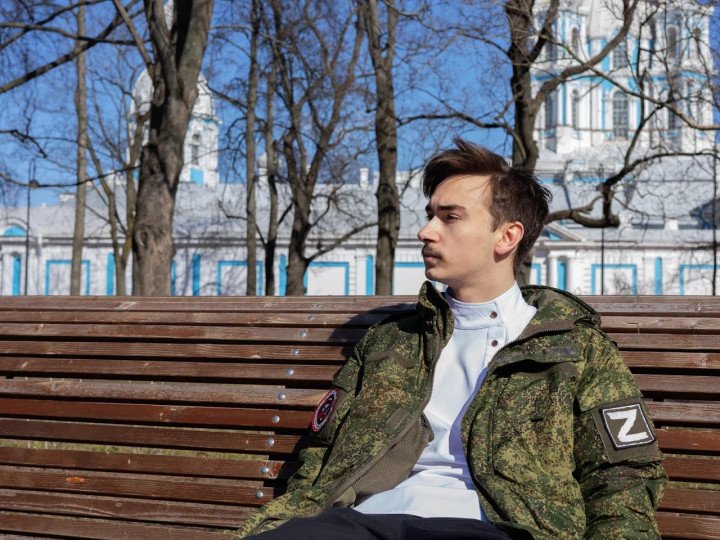
The day before Russia’s full-scale invasion of Ukraine in February 2022, he uploaded a YouTube tutorial titled “How to Conquer UKRAINE As RUSSIA in HoI4 (GUIDE)”, using the popular strategy game Hearts of Iron IV. Twitch later banned him for violating platform rules.
GrishaPutin has since collaborated with the pro-Russian African Initiative to release African Dawn, a custom HoI4 mod designed to spread anti-Western and pro-Kremlin narratives. In the game, players controlling military-led governments in Burkina Faso, Mali, or Niger receive “military-technical and economic support from Russia,” referencing Moscow’s growing influence on the continent through what is now called the “African Corps,” formerly Wagner Group.
Sometimes you can make something much bigger than money can buy, you can shape an entire generation's view of history of your own nation
GrishaPutin
His livestreams blend gameplay with propaganda, often featuring homophobic, nationalist, and anti-Western slogans aimed at young audiences.
As gaming becomes a global platform for communication, voices like GrishaPutin’s show how it can be weaponized—not just for entertainment but also for recruitment, funding, and ideological warfare.
-46f6afa2f66d31ff3df8ea1a8f5524ec.jpg)
-3db1bc74567c5c9e68bb9e41adba3ca6.png)


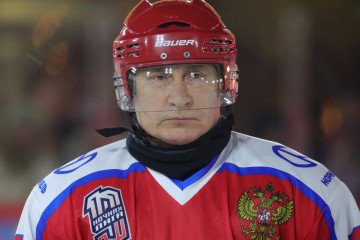
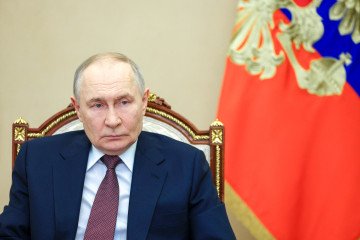
-f88628fa403b11af0b72ec7b062ce954.jpeg)